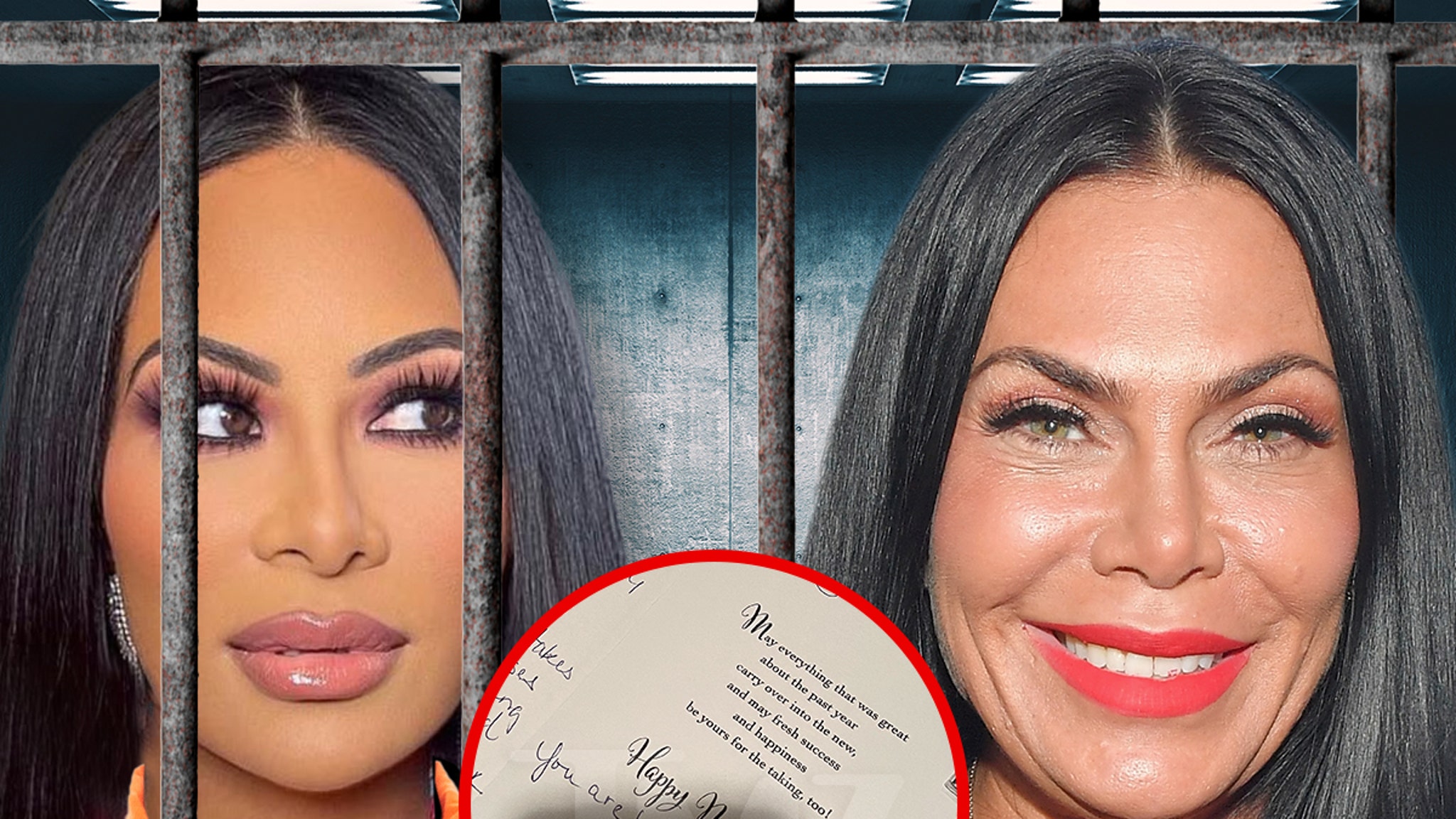In a nation where a pint at the pub is part of our cultural identity, choosing to quit alcohol can feel like stepping out of the mainstream.
Yet for Dr. Alex George, former Love Island contestant and now a mental health advocate, doing so transformed his life in ways he'd never anticipated.
Two years into his sobriety, Dr. George has shared his journey on his YouTube channel, @DrAlexGeorge, offering a candid glimpse into what it’s truly like to go teetotal amidst a culture steeped in drinking traditions.
In the clip, the 33-year-old physician, who rose to fame after appearing on Love Island in 2018, highlighted the surprising effects on his sleep and social life, as well as the personal growth he's achieved since quitting drinking.
Dr. George, from Carmarthen, admitted that the most unexpected challenge of alcohol abstinence came in the form of disrupted sleep.
He explained: 'It's because, although alcohol leaves your system very quickly, the effects on your body takes many many months to change and reverse.
'One of the things that does take time is the effect on your brain. Alcohol causes cellular death in the brain. It kills brain matter.
'If we drink over a long period of time, it causes all sorts of issues. When you stop drinking [...] it takes time for your brain to adapt to a non-alcohol state.'
Two years into his sobriety, Dr. Alex George (pictured) has shared his journey on his YouTube channel, @DrAlexGeorge, offering a candid glimpse into what it’s truly like to go teetotal
The 33-year-old physician, who rose to fame after appearing on Love Island in 2018 (pictured, centre), highlighted the surprising effects on his sleep and social life
The former ITV star revealed that it took about eight weeks for his sleep to stabilise, during which his brain worked to develop new synapses and pathways.
But once he reached the stage of 'sober sleep,' he reported the benefits he experienced as being an 'absolute game changer.'
He said: 'All of sudden, falling asleep is easier. You enter deeper sleep and wake up feeling rejuvenated, it's an absolute game changer.'
Another revelation was how little other people 'cared' about his decision to quit drinking.
Dr. George explained: 'You realise that nobody cares. You might get somebody asking "You want a drink?" As soon as you've answered a couple of questions, nobody cares.'
'And even if they do care, they forget because they're probably drinking.'
Despite abstaining, Dr. George still enjoys socialising in pubs, but has adjusted his approach accordingly.
He admitted he prefers to go earlier in the evening before others start drinking heavily and makes a habit of leaving before things get rowdy.
The former ITV star revealed that it took about eight weeks for his sleep to stabilise, during which his brain worked to develop new synapses and pathways
He reflected, 'You really ask yourself "Do I actually enjoy this in this pub?"' adding that sobriety has allowed him to recoup time for other interests and activities.
For those contemplating a sober lifestyle - especially with Christmas approaching and Dry January around the corner - Dr. George offered words of encouragement.
He said: 'If you feel like you can go and not drink, it's really useful. You can go and enjoy it, and realize you didn't need a drink to enjoy it.'
The Welsh physician became a mental health ambassador after his brother died by suicide in 2020, as well as the UK Youth Mental Health Ambassador for the Department for Education.
It comes as I'm A Celeb's Dean McCullough revealed his previous battle with an alcohol addiction that left him in a 'really dark place,' having celebrated four years of sobriety in September.
The BBC Radio 1 presenter admitted he quit drinking after abusing alcohol during the pandemic when he was drinking two bottles of wine and a bottle of vodka at the weekends.

 2 weeks ago
5
2 weeks ago
5








 English (US) ·
English (US) ·